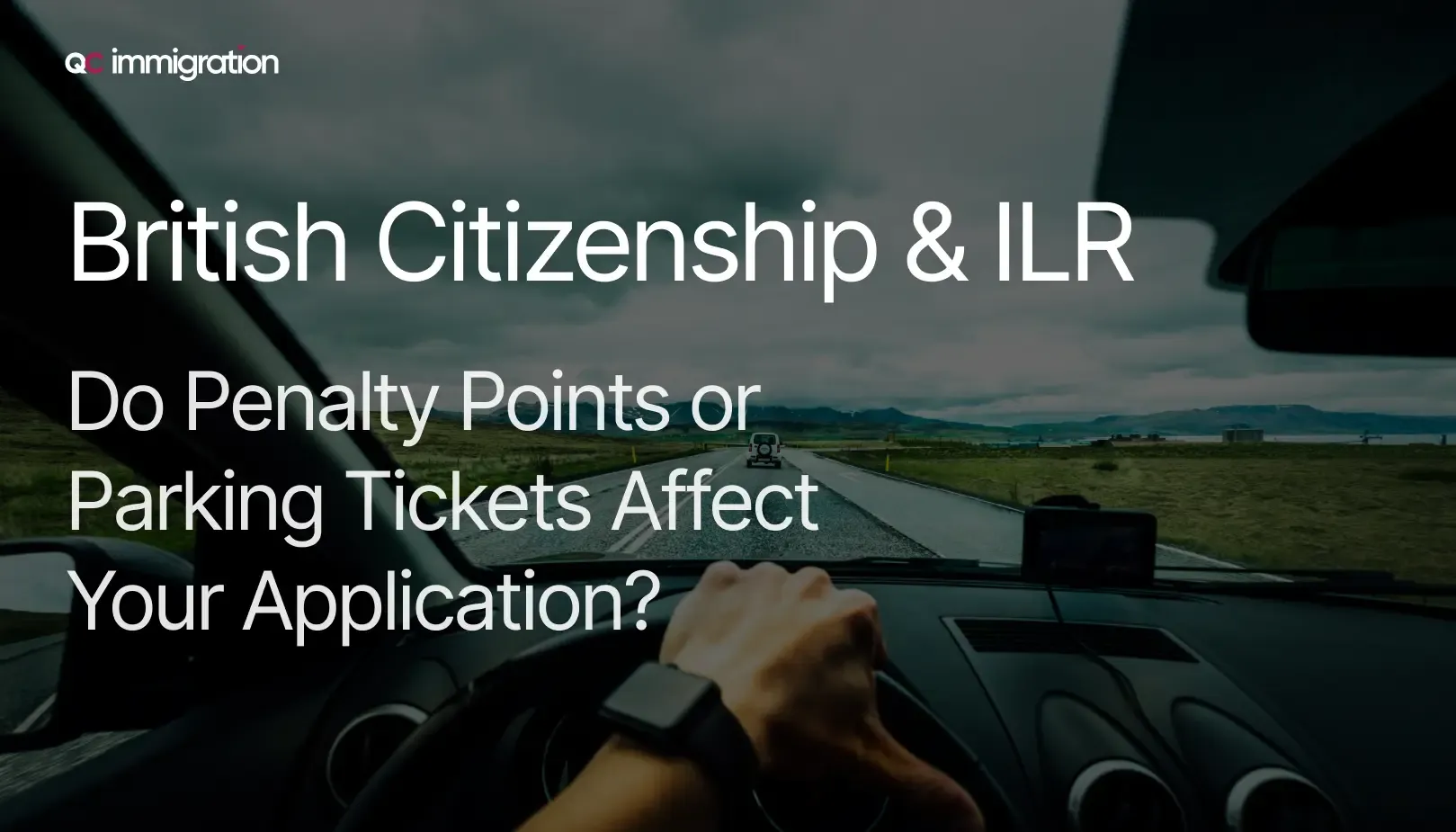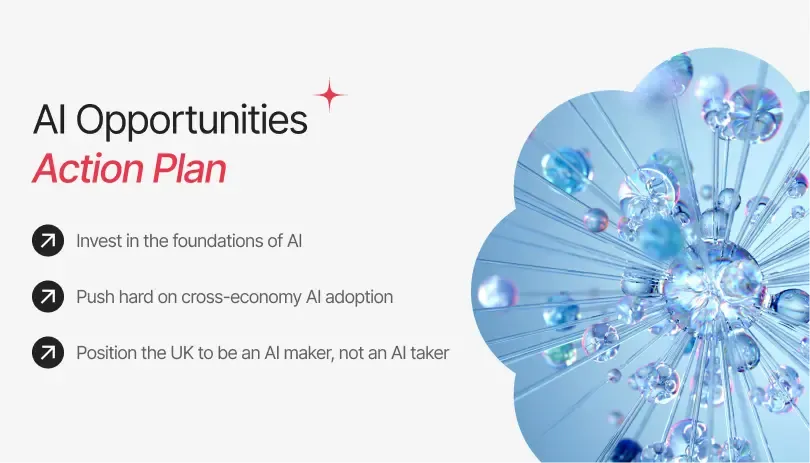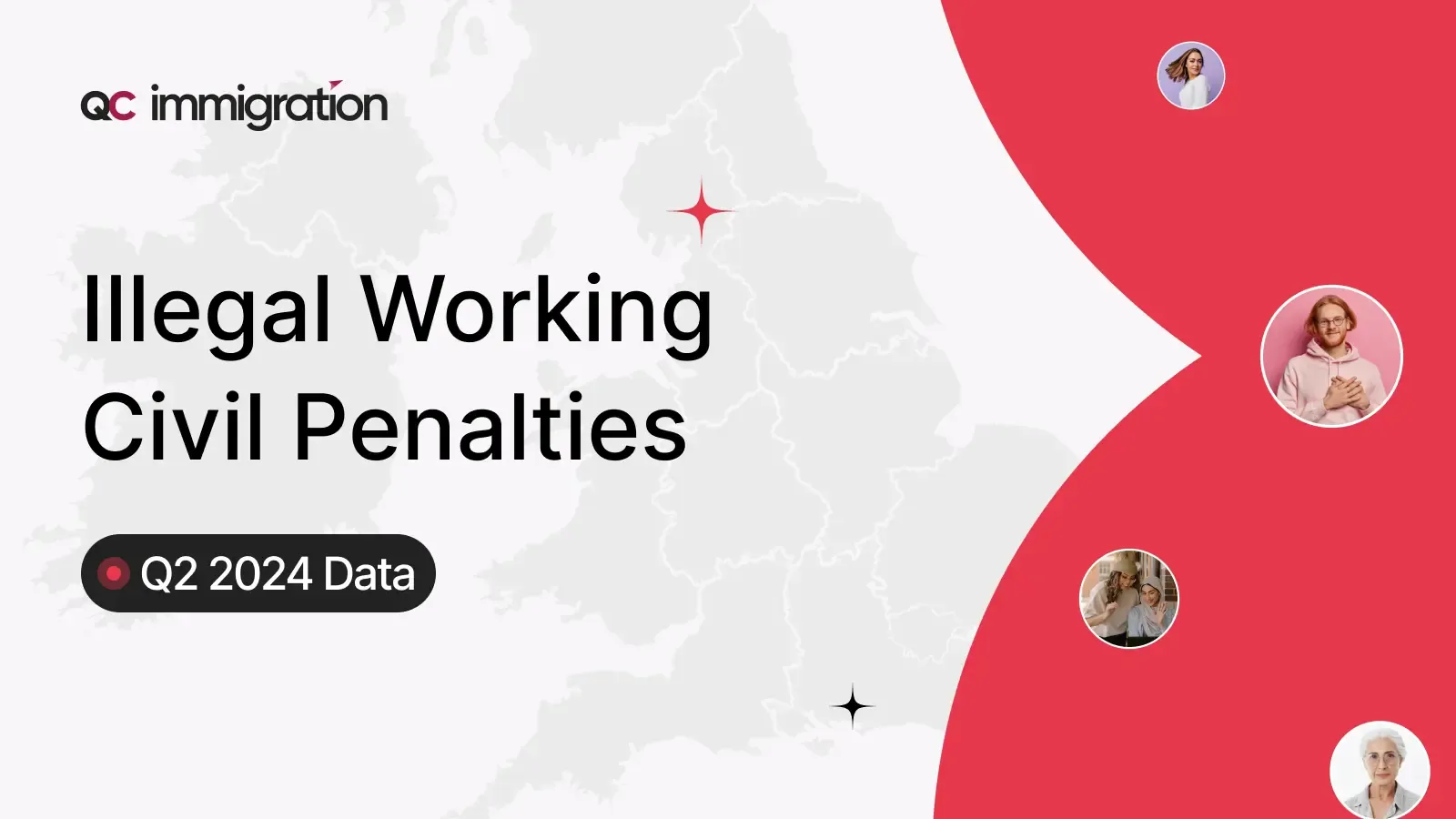On 13th January 2025, the Labour government unveiled its AI Opportunities Action Plan, a strategy with the potential to significantly impact the use of AI and reshape the UK’s technology landscape.
The government aims to "unleash AI" and position the UK as a global leader in artificial intelligence and sees the potential for AI to contribute an additional £400 billion to the UK economy by 2030.
The 50-point plan includes leveraging the immigration system to attract top global AI talent. This focus could result in changes to the UK’s immigration frameworks, supporting a rapidly expanding sector poised to redefine the global economy.
We have conducted an initial analysis to explore the significance and potential impact of these announcements on key UK immigration routes. With the government committing to implement the 50-point plan, which includes potential updates to the UK immigration system to attract the world’s best AI talent, this initiative has significant potential to drive long-term growth and benefits for the UK.
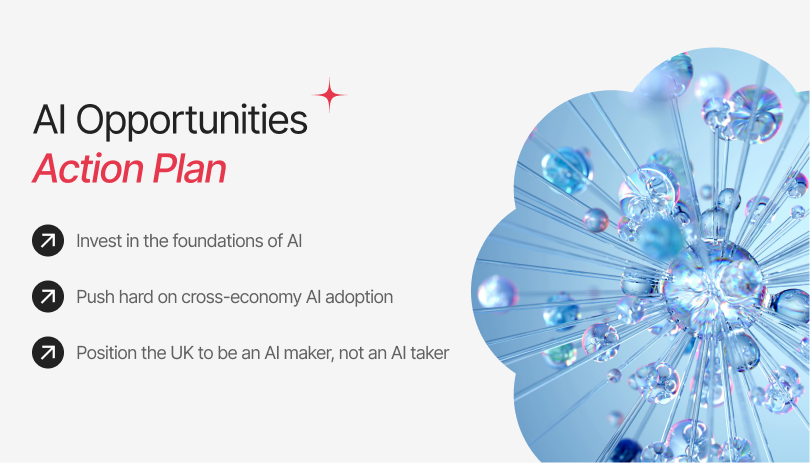
What is the AI Opportunities Action Plan?
The AI Opportunities Action Plan was commissioned by the UK’s Secretary of State and developed by Matt Clifford, a British entrepreneur and co-founder of the startup accelerator Entrepreneur First.
The plan highlights three core pillars for advancing AI opportunities in the UK:
- Lay the foundations to enable AI via infrastructure
- Change lives by embracing AI
- Secure our future with homegrown AI
Key initiatives include significant investments for computing capacity, such as the development of new AI data centres to support research and public services and leveraging NHS data to drive AI innovations in healthcare.
The plan also proposes the creation of AI "growth zones" with streamlined planning approvals to accelerate infrastructure development. Furthermore, the plan emphasises training, attracting, and retaining the next generation of AI scientists and founders to solidify the UK’s position as a global leader in artificial intelligence.
The Impact for UK Immigration
The AI Opportunities Action Plan outlines a point to leverage the UK’s immigration system to attract graduates from top AI-focused institutions. This includes considering revisions to the eligibility criteria for the High Potential Individual visa (HPI). Currently, leading institutions such as the Indian Institutes of Technology and Carnegie Mellon University are excluded from the approved HPI route list.
The plan highlights the need for the UK government to refine existing pathways or develop new ones to attract top talent from these institutions.
The plan also emphasised the need for the UK government to address broader barriers, such as the cost and complexity of visas, which create challenges for startups and discourage overseas talent from relocating to the UK.
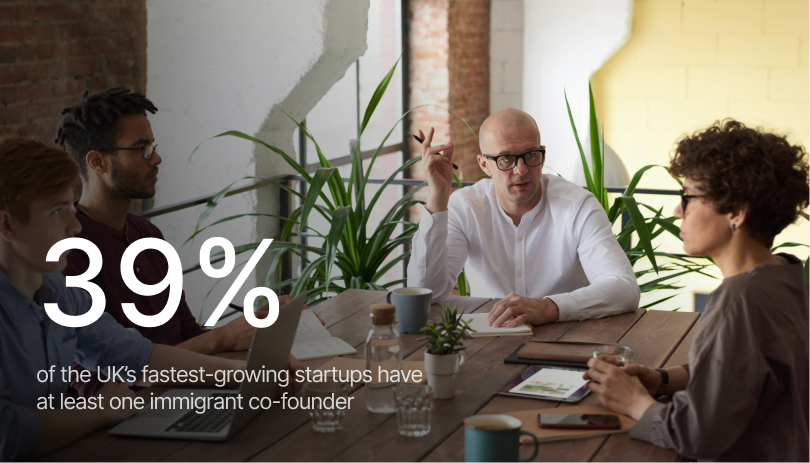
Research Contributing to the Action Plan
The recommendations for changes to the UK immigration system outlined in the AI Opportunities Action Plan reflect research by the Startup Coalition, a group representing the interests of the UK’s startup ecosystem.
What is the Startup Coalition?
The Startup Coalition is an advocacy group representing UK startups and scaleups. Founded by UK tech industry leaders, the Coalition plays a vital role in shaping policies to support innovation and talent attraction.
Their 2024 Startup Manifesto identified immigration and talent attraction as essential pillars for sustaining the UK's startup ecosystem. Research indicates that 39% of the UK’s fastest-growing startups have at least one immigrant co-founder. However, excessive bureaucracy, high costs, and unclear policies deter top talent from relocating to the UK.
The 2024 Startup Manifesto outlined several key recommendations to address systemic barriers to innovation and talent acquisition:
- Making Visas Work for Startups
The Coalition advocates reforming the HPI visa to include graduates from specialised tech and AI institutions. It also suggests incorporating stock options into salary thresholds for the Skilled Worker visa to make startup compensation packages more competitive. - Addressing Implementation Issues
Founders frequently encounter delays, high costs, and administrative inefficiencies when navigating the visa process. The Coalition emphasises the need to streamline these processes and align the Home Office's strategies with those of other government departments. - Reducing Costs
UK visa fees are six to eight times higher than those in competing nations, disproportionately impacting startups. The Coalition calls for subsidies or reforms to lower these costs, enhancing the UK’s appeal as a destination for global talent.
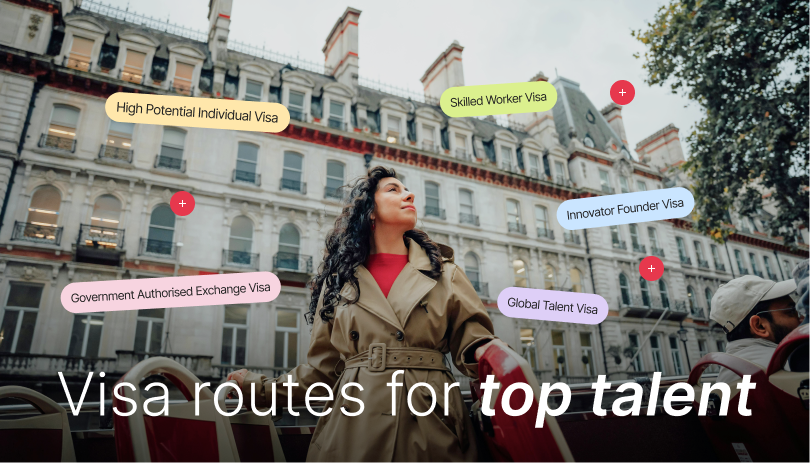
UK Government Response
In the response to the AI Opportunities Action Plan, the UK Government “partially agreed” with the recommendations regarding how the existing immigration system could be leveraged to attract graduates from universities producing some of the world’s top AI talent. This measured agreement aligns with broader national discussions on immigration reforms, many of which are expected to unfold in the coming year.
The government emphasised that the forthcoming Industrial Strategy will outline how the UK will attract highly skilled AI workers abroad. It highlighted the availability of internationally competitive visa routes designed to accommodate various needs, whether for talent joining UK-based organisations or starting their own businesses.
For talented AI graduates from institutions not currently included in the High Potential Individual (HPI) visa eligibility list, the government pointed to a range of alternative visa options, including:
- Skilled Worker Visa
- Innovator Founder Visa
- Government Authorised Exchange Visa
- Global Talent Visa
These visa routes demonstrate the UK's commitment to remaining an attractive destination for global AI talent while also offering flexibility to address the needs of the country’s dynamic tech ecosystem.
Timeline for Changes
The timeline for immigration changes related to the AI Opportunities Action Plan is expected to be delivered in Summer 2025.


